Hardy poetry manuscript returns to Dorset
After nearly 20 years in private collections in the USA Hardy's fair copy manuscript of 'The Departure' returns to Dorset
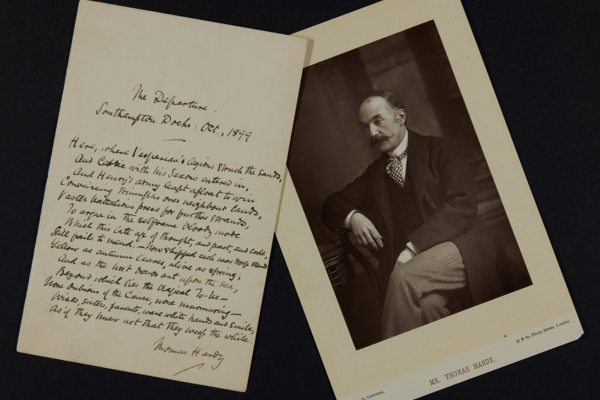
Thanks to a FNL grant that covered 100% of the cost, Dorset History Centre (DHC) has successfully acquired a poem by Thomas Hardy which is believed to have been held in America since 2005.
'The Departure’ was sold at Sotheby’s in London in 2005. It next appeared at an antiquarian dealership in Massachusetts where it was purchased by an American collector in 2014.
More recently, the poem appeared at auction in Chicago in June 2024. After nearly 20 years oversees, we are pleased to report that this fascinating piece of literary heritage is now safely back in Dorchester where it will remain as part of the larger Hardy archive which is currently being catalogued in a project that will open up public access.
‘The Departure’ was one of a number of poems written by Thomas Hardy following a visit to Southampton Docks in October 1899 to watch the departure of troops to the Boer War. It was first published in the Daily Chronicle on 25 October 1899, and later included in his Poems of Past and Present (1902).
DHC holds several other items which relate to this manuscript. One is a letter from Thomas Hardy to Florence Henniker written on 9 November 1899, in which he questions her response to the poem. “I fancy you thought my sonnet on the departure too tragic? But I was not at Southampton on the Saturday when you were there – I went Friday, and saw of 5000 altogether.” The grisly events of the Boer War had clearly made a strong impression on Hardy as he watched thousands of troops leaving for foreign shores.
Cllr Ryan Hope, Cabinet Member for Customer, Culture and Community Engagement said:
“I’m delighted that DHC has been able to bring this notable piece of Dorset literary heritage back to its place of origin. The story perhaps underlines how, over time, elements of our literary and other heritage has been sold to overseas institutions and collectors – and how fortunate we are to have been able to bring it back into the large Hardy archive to ensure free ongoing public access.”
You can read the full story of the poem on the DHC blog.
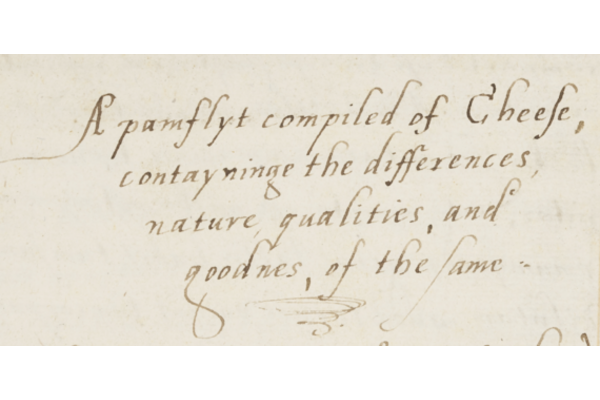 Curd your enthusiasm....
Curd your enthusiasm....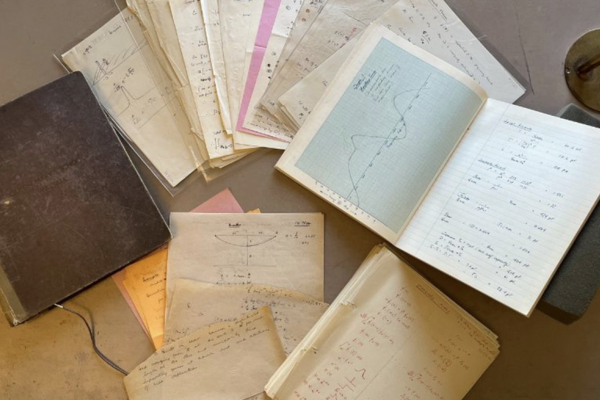 Alan Turing archive saved for the nation
Alan Turing archive saved for the nation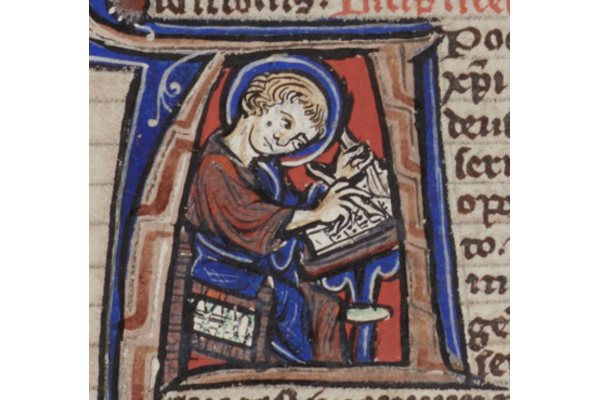 Sarum Master Bible welcomed home
Sarum Master Bible welcomed home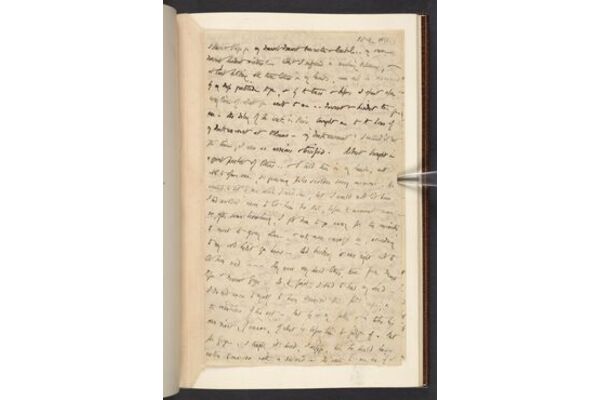 160 Barrett Browning letters acquired
160 Barrett Browning letters acquired